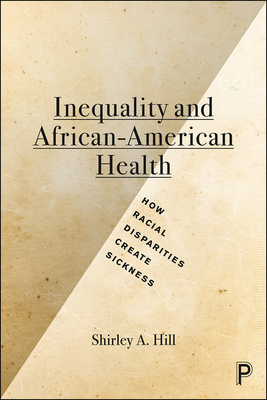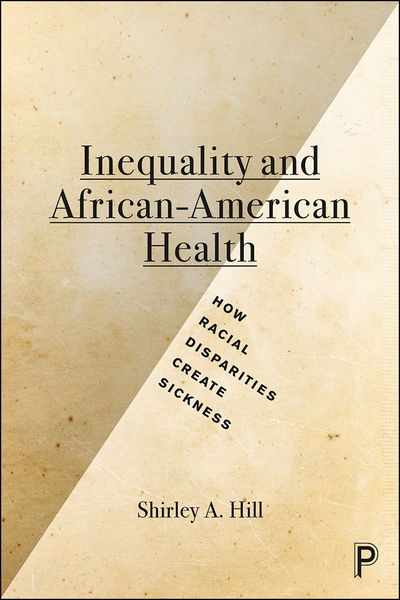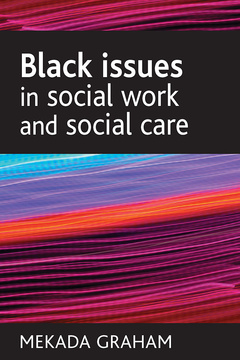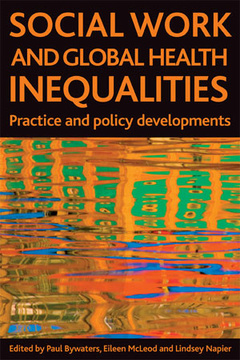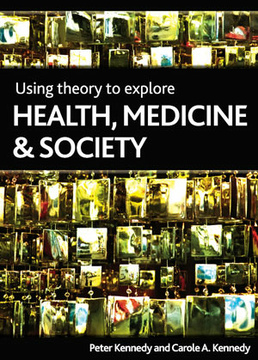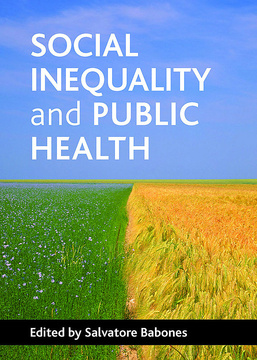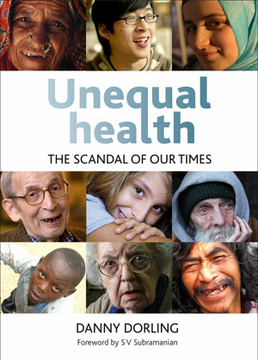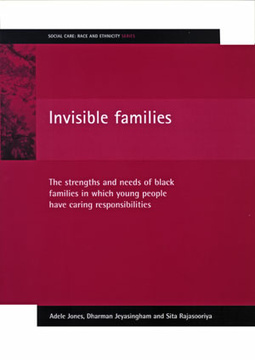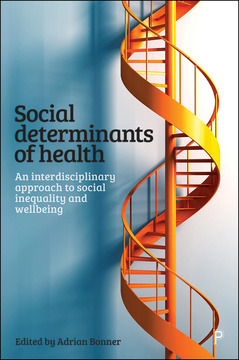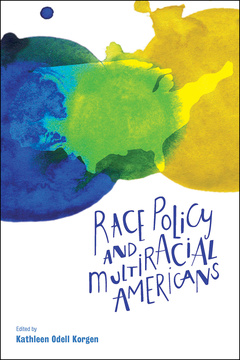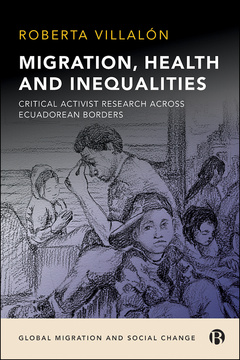Published
Oct 5, 2016Page count
224 pagesISBN
978-1447322825Dimensions
240 x 172 mmImprint
Policy PressPublished
Oct 5, 2016Page count
224 pagesISBN
978-1447322818Dimensions
240 x 172 mmImprint
Policy PressPublished
Oct 5, 2016Page count
224 pagesISBN
978-1447322856Imprint
Policy PressPublished
Oct 5, 2016Page count
224 pagesISBN
978-1447322863Imprint
Policy PressIn the media
This book shows how living in a highly racialized society affects health through multiple social contexts, including neighborhoods, personal and family relationships, and the medical system.
Black-white disparities in health, illness, and mortality have been widely documented, but most research has focused on single factors that produce and perpetuate those disparities, such as individual health behaviors and access to medical care.
This is the first book to offer a comprehensive perspective on health and sickness among African Americans, starting with an examination of how race has been historically constructed in the US and in the medical system and the resilience of racial ideologies and practices. Racial disparities in health reflect racial inequalities in living conditions, incarceration rates, family systems, and opportunities. These racial disparities often cut across social class boundaries and have gender-specific consequences.
Bringing together data from existing quantitative and qualitative research with new archival and interview data, this book advances research in the fields of families, race-ethnicity, and medical sociology.
"The book's comprehensive coverage of racial disparities provides abundant information to help readers grasp an overall view of this issue, as well as premises for future research. A sufficiently broad, specific, timely, and balanced book on African American health issues for anyone." - CHOICE
"An interesting and timely book which expands our understanding of how systemic oppressions (racism, gender, and class) intersect with oppressed individuals healthcare attitudes, decisions, and behaviors." Johnny Eric Williams, Trinity College, Hartford Connecticut, USA
"An insightful historical investigation of the structural determinants of African American health inequities. Crucial reading for health scholars across all disciplines." Dawne Marie Mouzon, Assistant Professor, Rutgers, The State University of New Jersey
Professor Shirley Hill teaches courses on the family, medical sociology, social inequality, and qualitative methods at the University of Kansas. Her research examines the implications of social inequalities, especially those based on social class, gender, and race.
Introduction
Part One: Theorizing Social Inequalities in Health
Race, Racism, and Sickness
Slavery and Freedom
Part Two: Health and Medicine
Health Behaviors in Social Context
Medical Care and Health Policy
Part Three: Health and Families
Economic Decline and Incarceration
Love, Sexuality and (Non)Marriage
Children’s Health







